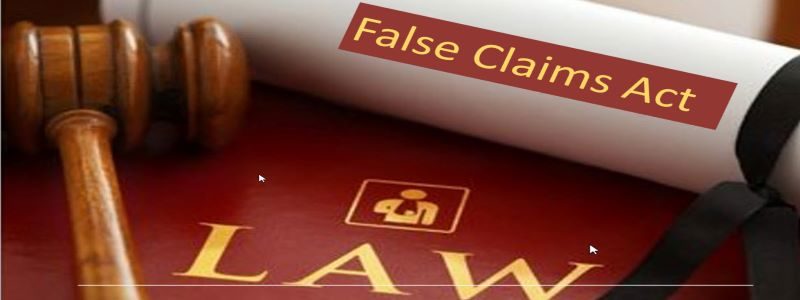On June 21, the Department of Justice’s Civil Division, along with the United States Attorney’s Office for the Eastern District of Wisconsin, announced that two Lockheed Martin wholly-owned subsidiaries — Sikorsky Support Services and Derco Aerospace — agreed to pay $70 million to resolve allegations that they violated the False Claims Act (FCA). The settlement resulted from a qui tam whistleblower lawsuit brought by a former employee of Derco, which was filed in 2011.
Specifically, the DOJ alleged that the companies knowingly entered into an improper “cost-plus-percentage-of-cost” or “CPPC” subcontract, under which Sikorsky agreed to purchase parts from Derco at the cost that Derco paid other suppliers for those parts, plus a fixed 32% markup. Sikorsky, in turn, submitted cost vouchers to the Navy for reimbursement of the amounts it paid to Derco. According to the DOJ, by failing to disclose that the costs claimed by Sikorsky were the product of an illegal CPPC subcontract between the two companies, they knowingly presented false and fraudulent cost vouchers to the Navy. Prior to the settlement, a federal court had ruled that Derco’s markup violated a federal statute barring CPCC contracting, which Congress prohibited because it gives suppliers the incentive to drive up government costs. As with most FCA settlements, the defendants did not admit liability.
This settlement is far from the first time that Lockheed or its subsidiaries have settled an FCA matter. In 2018, for example, Lockheed agreed to pay $4.4 million to resolve allegations that it violated the FCA by providing defective communication systems to the Coast Guard. Two years prior, in 2016, Lockheed agreed to pay $5 million under the FCA and other laws for improper hazardous waste disposal. In 2012, Lockheed agree to pay nearly $16 million to resolve allegations that it passed inflated costs for the F-22 and F-34 fighter jet projects to the Navy. And in 2011 (the same year that Sikorsky lawsuit was filed under seal), Lockheed agreed to pay $2 million to resolve allegations that it violated the FCA by obtaining inside information in order to secure a contract with the General Services Administration (GSA).
While the majority of FCA activity is in the healthcare industry, these matters demonstrate that the FCA affects more than just healthcare providers, but instead governs anyone who submits claims to the federal government for reimbursement. In fact, the FCA was passed during the Civil War to address this very issue — military contractors providing the military with defective or otherwise misrepresented items.
The attorneys at Chilivis Grubman represent businesses of all types and sizes in connection with False Claims Act investigations and litigation. If you need assistance with such a matter, please feel free to contact us today.

